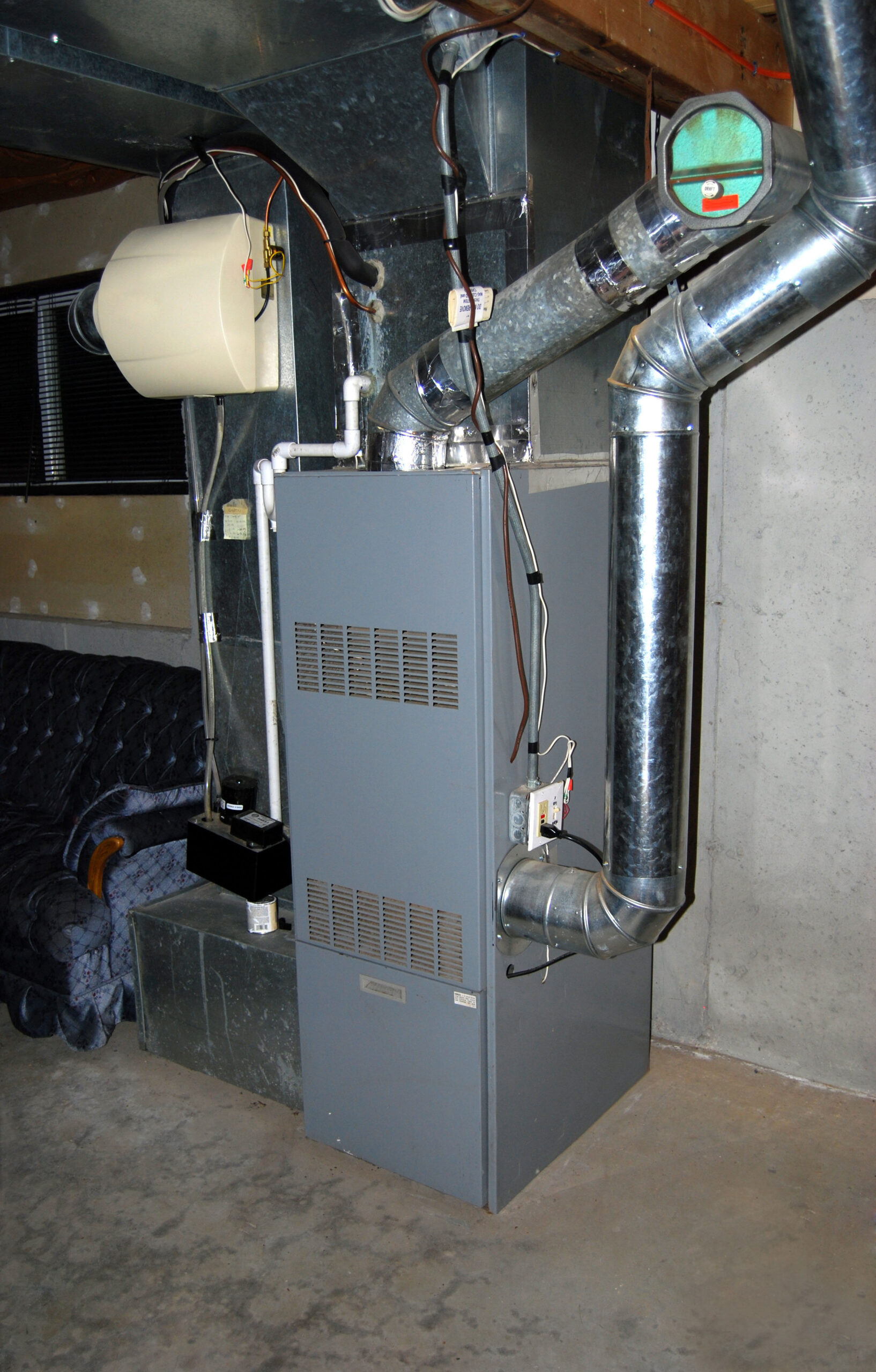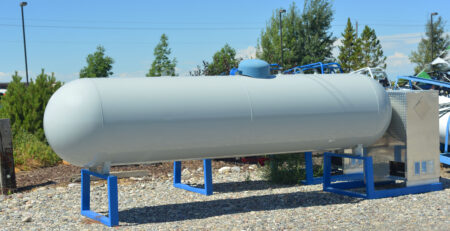Reasons Behind Seasonal Shifts in Demand for Heating Oil Services
The dynamics of the heating oil market experience significant shifts throughout the year, largely influenced by seasonal changes. Understanding these shifts is critical for consumers, businesses, and policymakers who are directly affected by fluctuations in demand and pricing. Heating oil remains a primary source of warmth for millions of households, particularly as the colder months approach. This sector is especially pertinent in regions with harsh winters, where heating oil services become indispensable. According to the U.S. Energy Information Administration, in the winter of 2023–2024, about 4.79 million households in the United States utilized heating oil as their primary heating fuel, highlighting the scale and importance of this market. Let’s take a look at the reasons for seasonal shifts that affect the demand for heating oil services.
Regional Climate Variations
Climate variations across different regions significantly impact the demand for heating oil services. Areas with colder climates naturally see higher usage during the winter months, as people need more fuel to heat their homes. Conversely, regions with milder winters might not experience such intense fluctuations in demand. Regional climate variations necessitate careful planning by heating oil providers to ensure supply meets the seasonal demand. Businesses often rely on historical weather data and forecasting to anticipate and prepare for these regional variances.
Weather patterns themselves are not static and can vary significantly from year to year, impacting heating oil demand unpredictably. Abnormally cold winters can lead to spikes in demand, stressing supply chains and potentially increasing prices. Conversely, milder winters might reduce the demand, leading to surplus stock and potentially decreasing prices. Providers must remain flexible and adaptive to these annual changes while maintaining efficient distribution networks. Awareness of regional weather patterns enables companies to optimize their inventory management.
In regions prone to severe weather events, such as blizzards or snowstorms, demand for heating oil can spike dramatically. These events can disrupt supply lines and increase transportation costs, further affecting the oil market. By predicting such events, suppliers can position themselves strategically to meet unexpected increases in demand. This requires coordination with meteorological departments to enhance response mechanisms. Overall, understanding and anticipating weather patterns is integral to maintaining a stable heating oil market.
Economic Cycles and Consumer Spending
Economic cycles profoundly influence consumer spending, affecting the demand for heating oil services. During periods of economic prosperity, consumers are generally more willing to invest in home improvements and stock their heating oil supplies. Conversely, in economic downturns, spending tends to decrease, leading to subdued demand for such services. These fluctuations require suppliers to adapt pricing strategies and offer competitive deals to appeal to budget-conscious consumers. Aligning business strategies with economic conditions can help stabilize demand throughout variable economic periods.
Consumer confidence plays a significant role in determining purchasing behaviors in relation to heating oil services. In times of economic uncertainty, consumers may delay purchasing or opt for minimal stock, affecting suppliers’ revenue streams. Companies can respond by offering flexible payment plans or discounts to incentivize purchases, thus maintaining demand levels. Additionally, understanding the broader economic landscape enables suppliers to forecast potential demand dips and plan accordingly. Economic resilience and adaptability are essential for sustaining business growth amidst economic cycles.
Policymakers also play a crucial role in influencing economic factors that impact the heating oil market. Government interventions, such as economic stimulus packages, can have a direct effect on consumer spending and market demand. Policies aimed at supporting middle-class incomes and reducing economic inequality can boost consumer purchasing power, benefiting the heating oil market. By collaborating with policymakers, heating oil companies can better anticipate changes and align business strategies with economic policy shifts. This collaboration can ensure a more stable economic environment where businesses and consumers thrive.
Energy Prices and Their Correlations
The price of heating oil is intricately linked to broader energy market trends. Fluctuations in crude oil prices, natural gas prices, and electricity costs can directly affect heating oil pricing. This interdependence means that external shocks, such as geopolitical tensions or natural disasters, can have ripple effects across energy markets. Suppliers need to stay informed about these larger market forces to effectively price their products and remain competitive. Understanding these correlations is pivotal for mitigating risks associated with volatile energy prices.
Market analysts and suppliers must continuously monitor global energy price trends to anticipate their impacts on the heating oil market. Price volatility can be challenging for both suppliers and consumers, as unforeseen costs can affect budgeting and planning. By understanding energy price correlations, suppliers can develop hedging strategies to protect against sudden price changes. Effective communication with consumers about price fluctuations and their underlying causes can also enhance transparency and foster trust. Proactive engagement with energy market trends positions suppliers to navigate price-sensitive environments successfully.
Energy price fluctuations are not isolated events; they are often driven by complex interrelated factors. By analyzing supply chain dynamics, international trade patterns, and regulatory changes, suppliers can better predict and respond to price shifts. Collaborating with industry experts and economists enhances understanding and enables more informed decision-making. Additionally, advancements in data analytics provide suppliers with real-time insights into energy market movements. Equipped with these insights, suppliers can offer more predictable and stable pricing structures, benefiting consumers and businesses alike.
Heating Preferences and Habits
Consumer heating preferences and habits significantly shape the demand for heating oil services. Different households have unique preferences regarding heating intensity, frequency, and duration, influencing overall consumption patterns. Cultural norms, lifestyle choices, and preferences for comfort dictate consumer behavior in heating oil usage. Suppliers must recognize these diverse preferences and offer differentiated products that cater to varying consumer needs. Understanding heating habits provides opportunities for companies to personalize services and foster consumer satisfaction.
Effective communication with consumers about heating habits can enhance energy efficiency and optimize heating oil demand. Educating consumers on best practices such as temperature regulation, insulation, and equipment maintenance can improve energy use and reduce costs. By promoting energy-efficient heating habits, suppliers empower consumers to make informed decisions and manage their consumption effectively. This proactive approach not only benefits consumers but also contributes to long-term market stability by reducing sporadic demand spikes. Suppliers who actively engage with consumers contribute to a more energy-conscious and sustainable heating oil market.
Technological advancements further influence consumer heating preferences and habits. Smart home technology enables consumers to remotely control heating systems, adjust settings, and monitor energy usage in real-time. The integration of smart thermostats and IoT devices supports energy efficiency and enhances consumer convenience. Suppliers that embrace such technological innovations can cater to tech-savvy consumers and enhance customer experience. By understanding how technology shapes consumer behavior, suppliers can develop tailored offerings that address evolving market demands.
Heating Oil vs. Alternatives
Consumer perception of heating oil compared to alternative energy sources plays a crucial role in shaping demand dynamics. Some consumers view heating oil as less environmentally friendly compared to renewable energy options. Others may consider heating oil as a reliable and affordable solution for home heating. The effectiveness of marketing strategies and public perception campaigns significantly impacts how consumers perceive heating oil relative to alternatives. Companies that actively engage consumers in discussions about sustainability and innovation can shape positive perceptions and bolster demand.
Pricing, efficiency, and environmental considerations influence consumer decision-making when comparing heating oil with alternatives. Suppliers must highlight the unique benefits of heating oil, such as immediate availability and reliability during peak demand periods. Emphasizing energy efficiency advancements and cleaner technologies within the heating oil industry can enhance its competitiveness. By promoting responsible usage and communicating the benefits of heating oil, suppliers can address consumer concerns and position their product favorably. Engaging consumers in informed discussions fosters trust and aligns perceptions with the realities of the heating oil sector.
The heating oil market is shaped by a complex interplay of seasonal shifts, economic factors, energy prices, consumer habits, and competition from alternative fuels. By recognizing these influences and proactively adapting to them, suppliers can better anticipate demand, stabilize pricing, and strengthen consumer trust. For households and businesses alike, staying informed about these dynamics ensures more efficient energy use and cost management. Ultimately, understanding the seasonal and long-term forces at play positions both consumers and providers to navigate the heating oil market with resilience and foresight. If you’re in need of quality heating oil services, choose Reliance Propane & Fuel Oil. Contact our team today to learn more.





